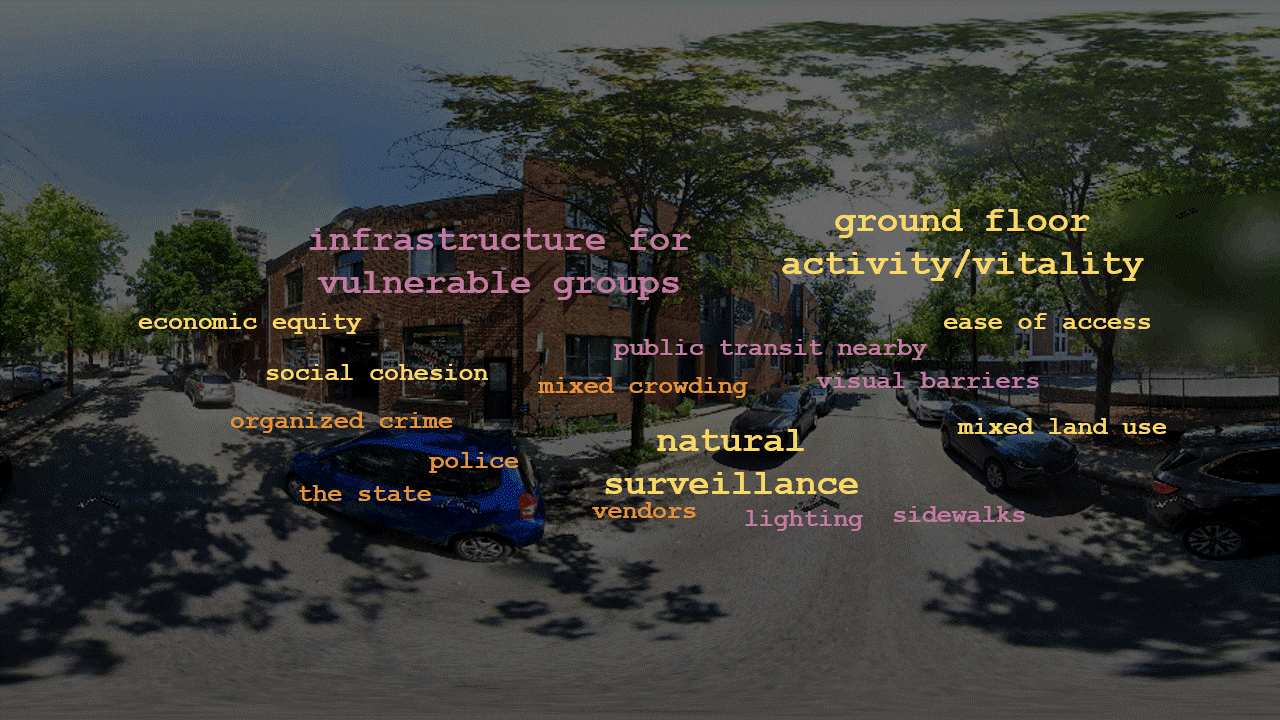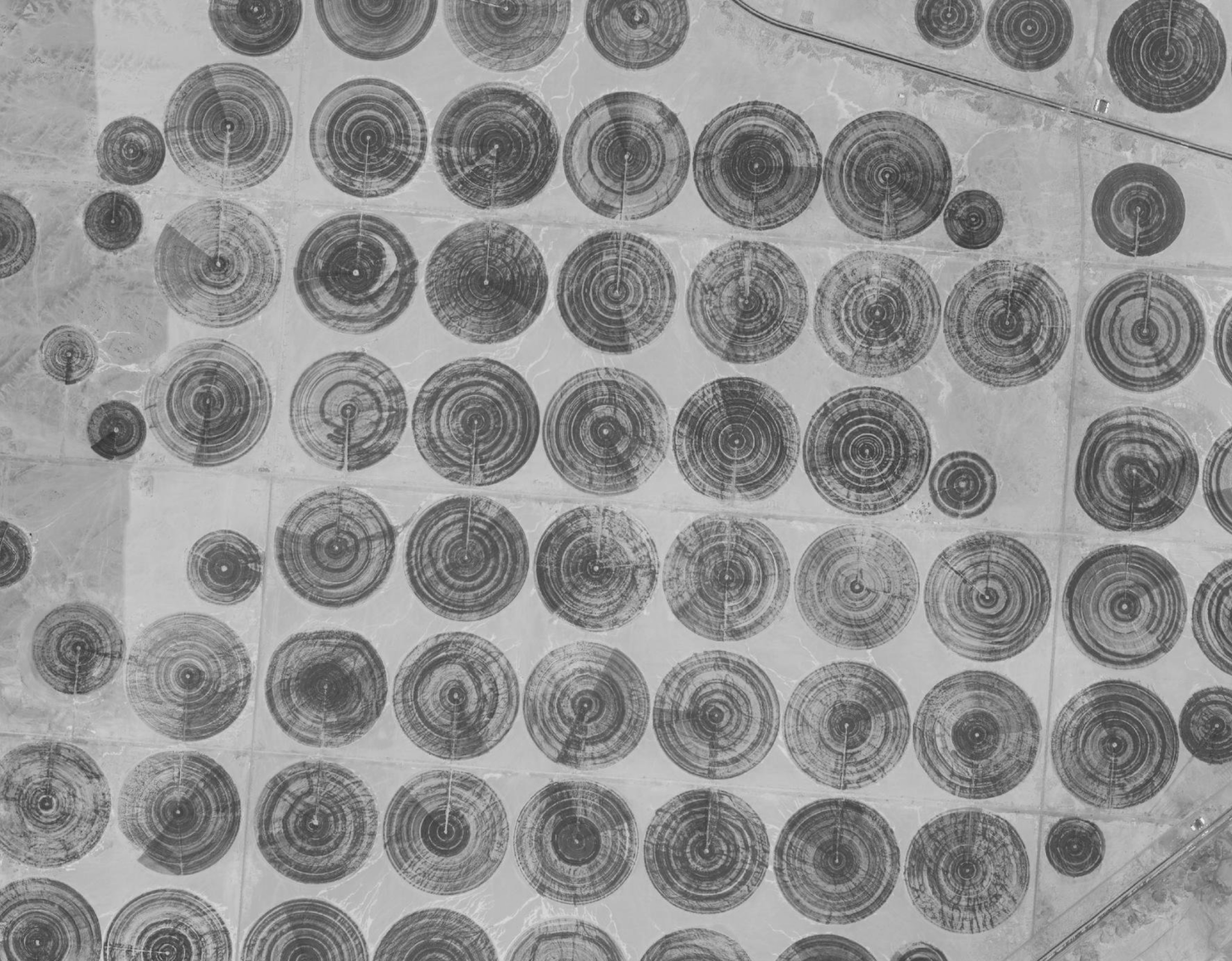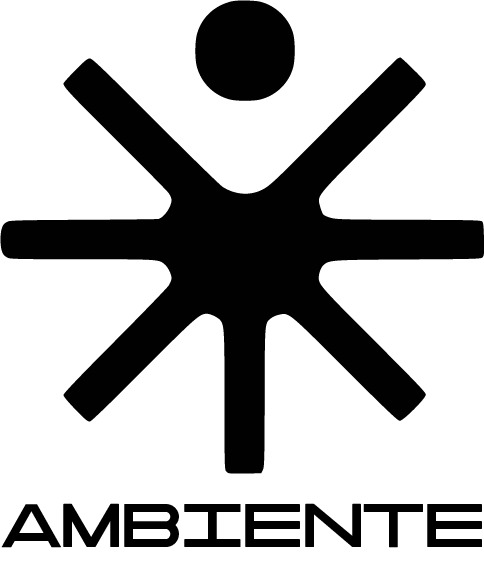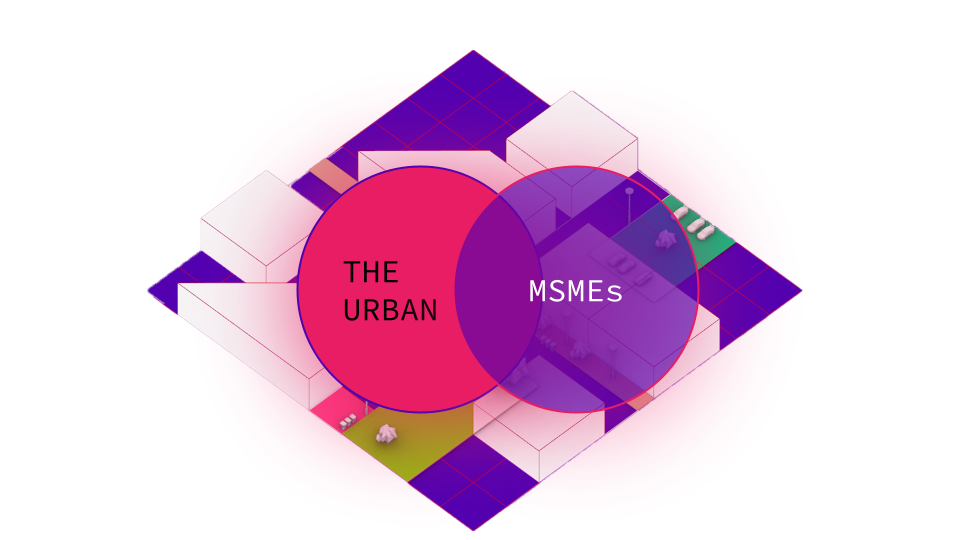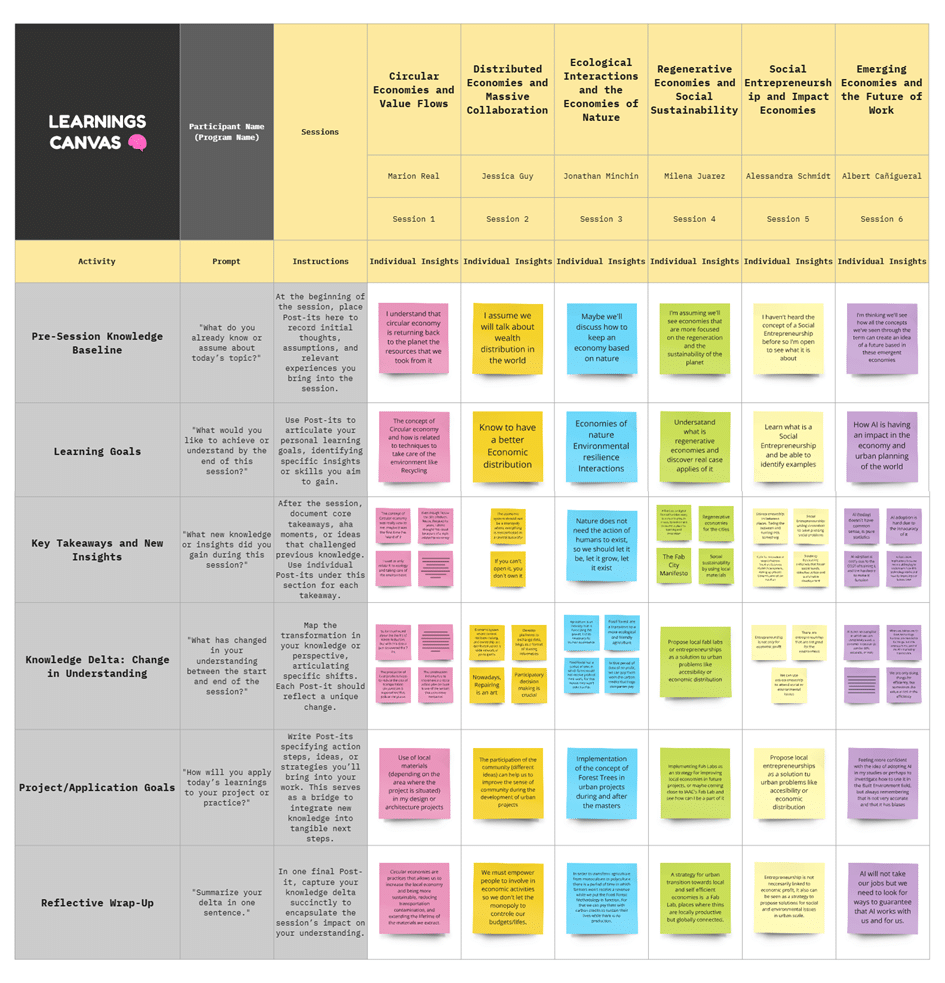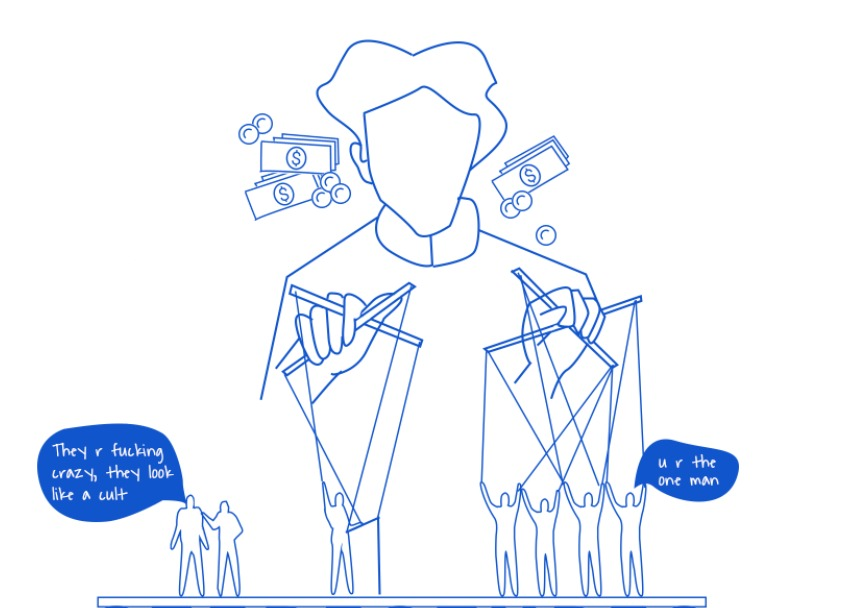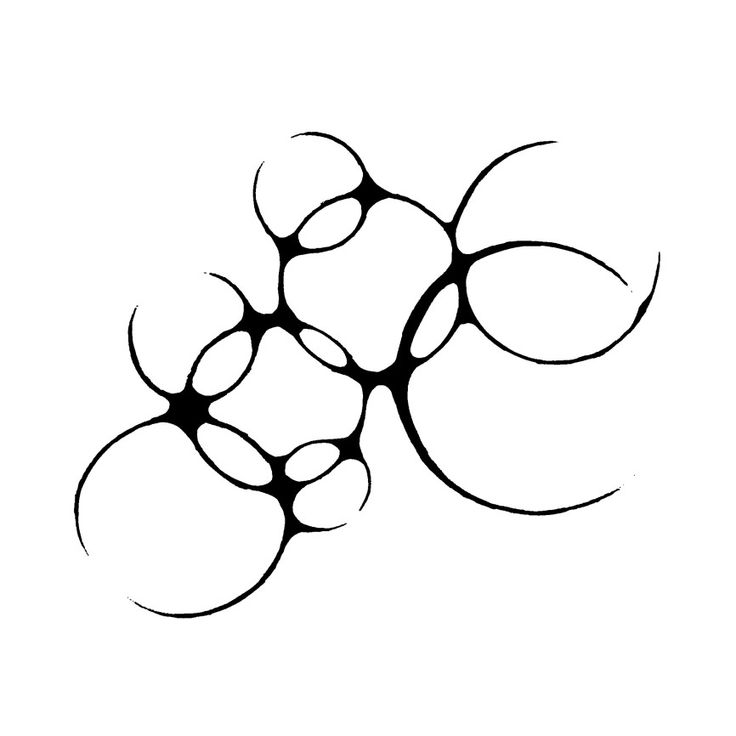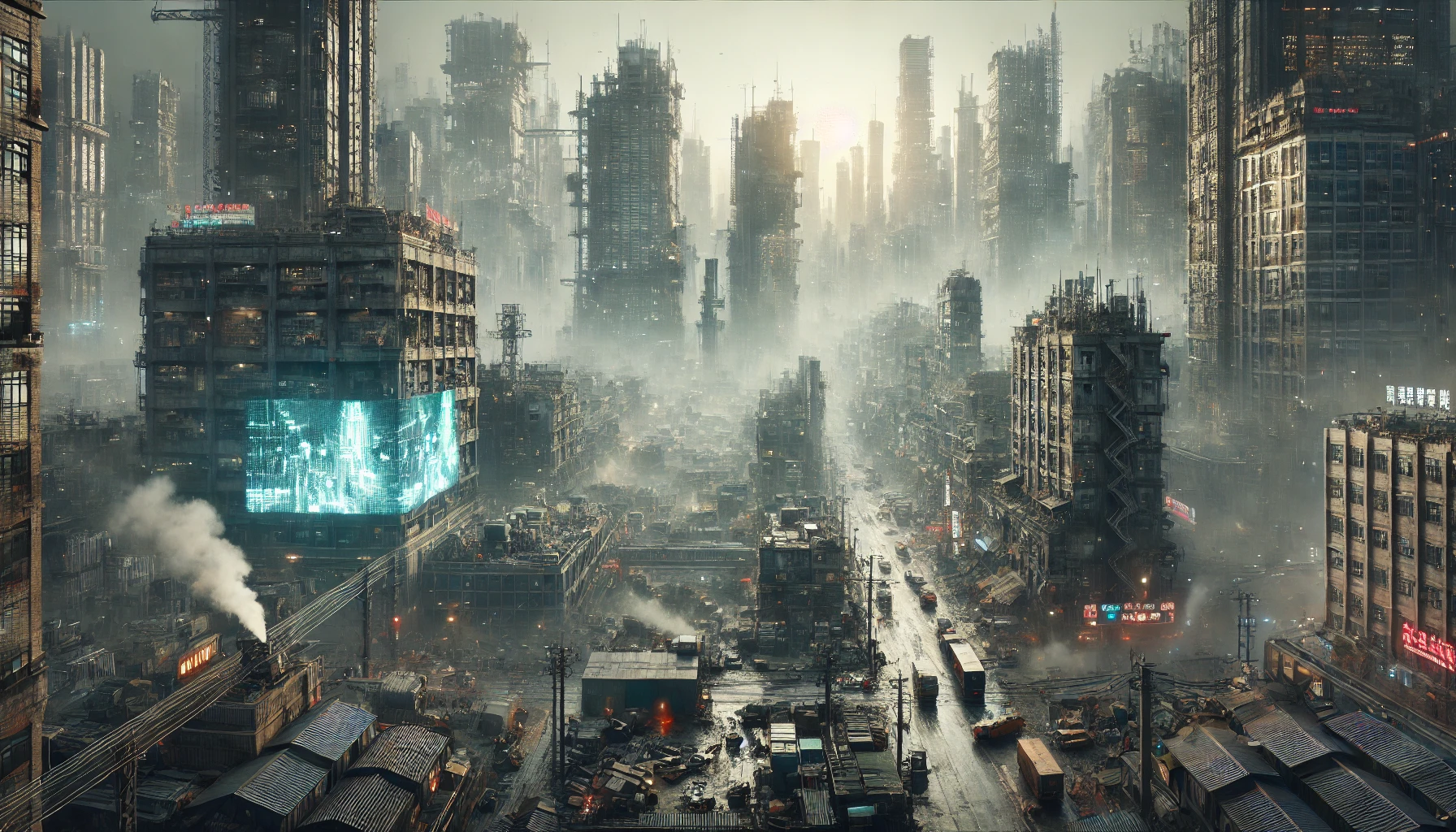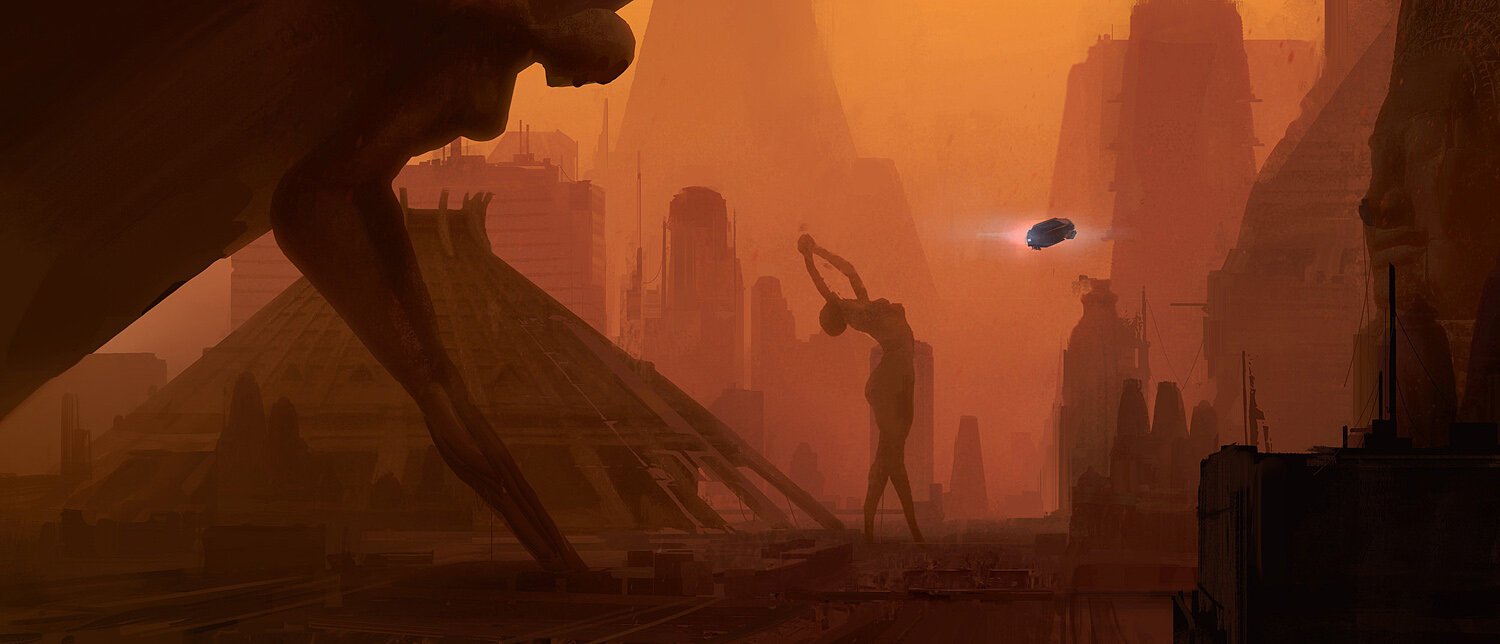Questioning ‘Mixed-Use’ Space
What defines a mixed-use space? How do we visually recognise the coexistence of residential, commercial, and public spaces in a city? Can AI perceive these complex urban conditions as we do? This workshop explores how Visual Language Models (VLMs) interact with urban imagery, using street view images to assess land-use patterns. By comparing Barcelona and … Read more


